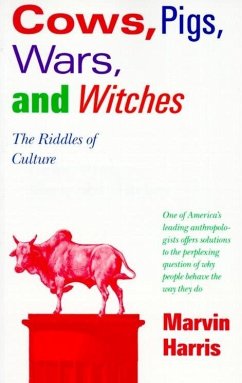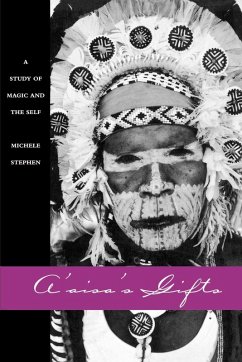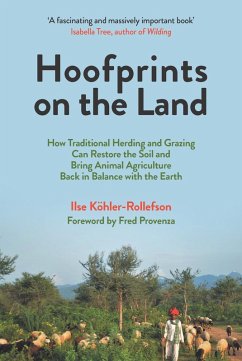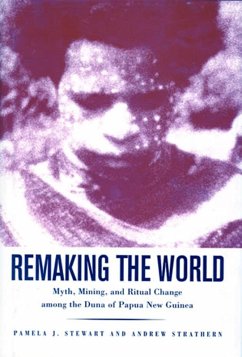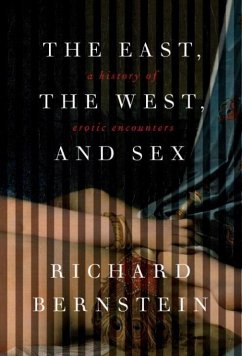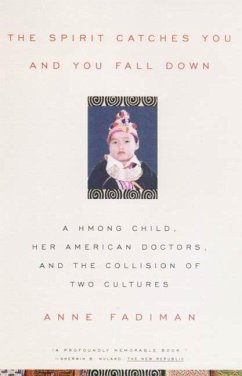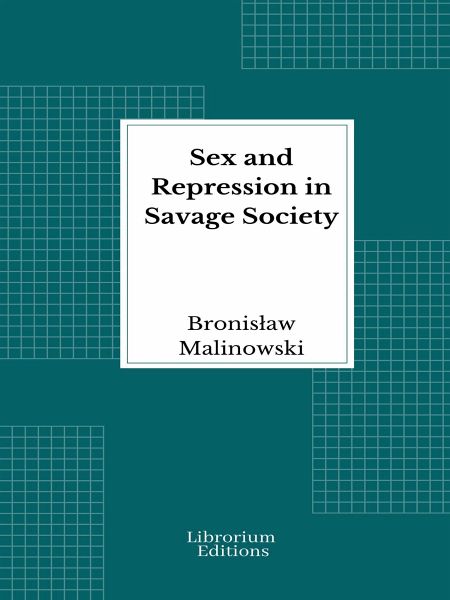
Sex and Repression in Savage Society (eBook, ePUB)
Versandkostenfrei!
Sofort per Download lieferbar
3,10 €
inkl. MwSt.
Weitere Ausgaben:

PAYBACK Punkte
0 °P sammeln!
The doctrine of psycho-analysis has had within the last ten years a truly meteoric rise in popular favour. It has exercised a growing influence over contemporary literature, science, and art. It has in fact been for some time the popular craze of the day. By this many fools have been deeply impressed and many pedants shocked and put off. The present writer belongs evidently to the first category, for he was for a time unduly influenced by the theories of Freud and Rivers, Jung, and Jones. But pedantry will remain the master passion in the student, and subsequent reflection soon chilled the ini...
The doctrine of psycho-analysis has had within the last ten years a truly meteoric rise in popular favour. It has exercised a growing influence over contemporary literature, science, and art. It has in fact been for some time the popular craze of the day. By this many fools have been deeply impressed and many pedants shocked and put off. The present writer belongs evidently to the first category, for he was for a time unduly influenced by the theories of Freud and Rivers, Jung, and Jones. But pedantry will remain the master passion in the student, and subsequent reflection soon chilled the initial enthusiasms.
This process with all its ramifications can be followed by the careful reader in this little volume. I do not want, however, to raise expectations of a dramatic volte-face. I have never been in any sense a follower of psycho-analytic practice, or an adherent of psycho-analytic theory; and now, while impatient of the exorbitant claims of psycho-analysis, of its chaotic arguments and tangled terminology, I must yet acknowledge a deep sense of indebtedness to it for stimulation as well as for valuable instruction in some aspects of human psychology.
This process with all its ramifications can be followed by the careful reader in this little volume. I do not want, however, to raise expectations of a dramatic volte-face. I have never been in any sense a follower of psycho-analytic practice, or an adherent of psycho-analytic theory; and now, while impatient of the exorbitant claims of psycho-analysis, of its chaotic arguments and tangled terminology, I must yet acknowledge a deep sense of indebtedness to it for stimulation as well as for valuable instruction in some aspects of human psychology.
Dieser Download kann aus rechtlichen Gründen nur mit Rechnungsadresse in A, B, BG, CY, CZ, D, DK, EW, E, FIN, F, GR, HR, H, IRL, I, LT, L, LR, M, NL, PL, P, R, S, SLO, SK ausgeliefert werden.





